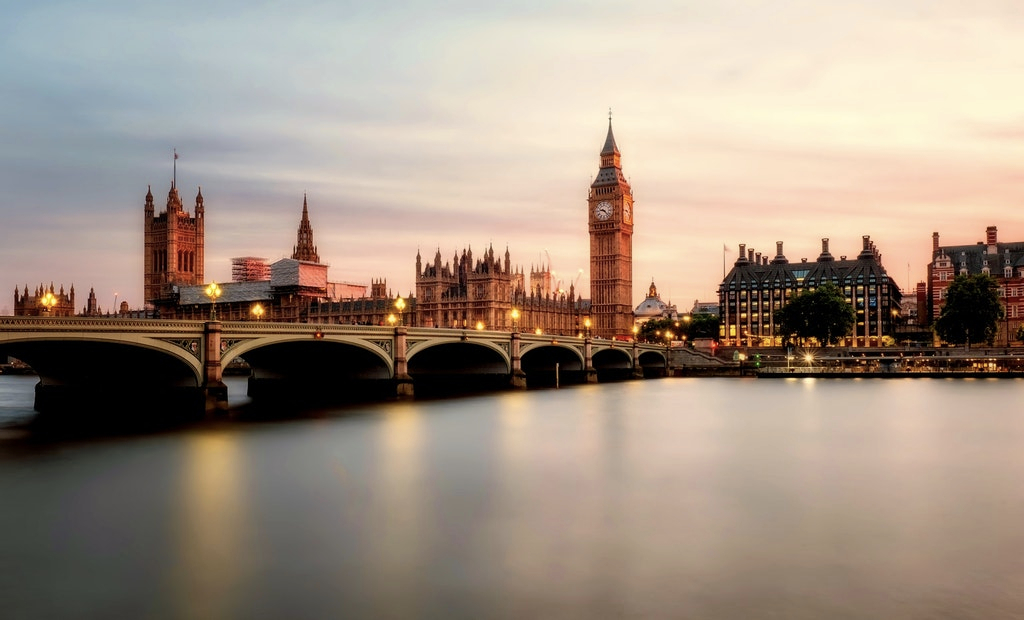Is defence spending a priority in times of austerity?

Earlier this month, Defence Secretary Phillip Hammond said that Britain’s “first priority” must be “defending the country and maintaining law and order” and suggested that the welfare budget should be cut further in order to secure spending on defence. But at a time when deep cuts, a sluggish economy and stagnating wages are hitting families across the country, does it really make sense to ring-fence the military?
Between 2010 and 2015, the defence budget will be cut by roughly £5 billion, which amounts to approximately 2% of the £225 billion budget for that period – not a huge reduction by any standards. Even after you factor in the cuts to military spending, Britain still has the fourth largest defence budget in the entire world. Spending on defence accounts for 7% of all government expenditure and 2.5% of GDP – a proportion that is nearly double what Germany spends.
With the fourth largest military budget in the world, you would be forgiven for thinking Britain has delusions of grandeur – of being a military “superpower”. In reality, the idea of Britain going into even a small conflict unilaterally is practically unthinkable. This belies any notion of “Great Power” status. Even the Prime Minister thinks Britain has been “punching above its weight” for years.
But all this rhetoric of “superpowers” and “great powers” is itself an artefact of a by-gone era, a relic of the Cold War. The Trident nuclear system, which costs £3 billion a year to maintain, was designed to “flatten Moscow”, and makes no sense as a deterrent in the contemporary geopolitical climate. Who exactly is it a deterrent to? Who poses a credible threat to Britain’s national security? Even the most sabre-rattling, military hawk would struggle to give you an answer besides that ill-defined threat of “terrorism”.
Here’s the pinch; you can’t combat small scale, decentralised terrorist cells with nuclear warheads, or even with traditional standing armies, for that matter. Just look at the bloody mess created by the military invasions of Iraq and Afghanistan, which on top of costing more than a million lives have cost the British taxpayer in excess of £25 billion.
If we accept that terrorism is the greatest threat to our national security, then these wars have arguably been a disaster, providing a cause celebre for terrorists to rally around. One study carried out in 2007 for Mother Jones found that global terrorist attacks had increased by a third since the invasion of Iraq when attacks within Afghanistan and Iraq are excluded. When they were included, the report found a sevenfold increase. Bear in mind, anti-terrorism measures cost £4 billion a year, a figure which could build eight state-of-the-art hospitals.
Military muscle-flexing and foreign excursions only serve to increase resentment and make Britain a target for extremists. Instead of hypocritically peddling democracy at the barrel-of-a-gun abroad while at home being ruled by a laughably unrepresentative cabinet that are making the most vulnerable in British society bear the brunt of the economic crisis, wouldn’t it be better to concentrate funds on building a more progressive, sustainable economy?
Would it not be preferable to be famed for having the most free and equal society instead of for having the fourth largest military budget in the world? Mr. Hammond might see defence as the number one priority, but the British public do not. A recent poll by YouGov showed the three biggest priorities for people and their families were the economy (64), health (35) and pensions (32) – the only defence-related issue that even featured was Afghanistan, with a single point.
A report commissioned by the TUC that was released last week found that by the end of the current parliament more than 50% of children in the UK will be living below the “minimum income standard”. The stated reasons for this were “the cumulative impact of government policies and slower than forecast wage growth”.
Whilst Hammond says more should be cut from the welfare budget, the report found that existing cuts alone would cause an extra 460,000 children to fall below the minimum income standard by 2015. Having a majority of the country’s children “below the breadline” seems staggering for a nation that the IMF found to be the 6th richest in the world. Especially when you consider that the same government implementing these cuts announced last November it was handing a £100,000 tax cut to people who earn more than £1 million a year.
In 2016, the Government will take the decision of whether or not to replace Trident. At an estimated cost of more than £100 billion, surely in times of economic hardship this could be better spent elsewhere. Contrary to Hammond’s claims, in a period of austerity the “first priority” should be ensuring a sustainable economy that can provide jobs for those who can work and a compassionate safety-net for those who cannot.
Joe Turnbull

























Facebook
Twitter
Instagram
YouTube
RSS